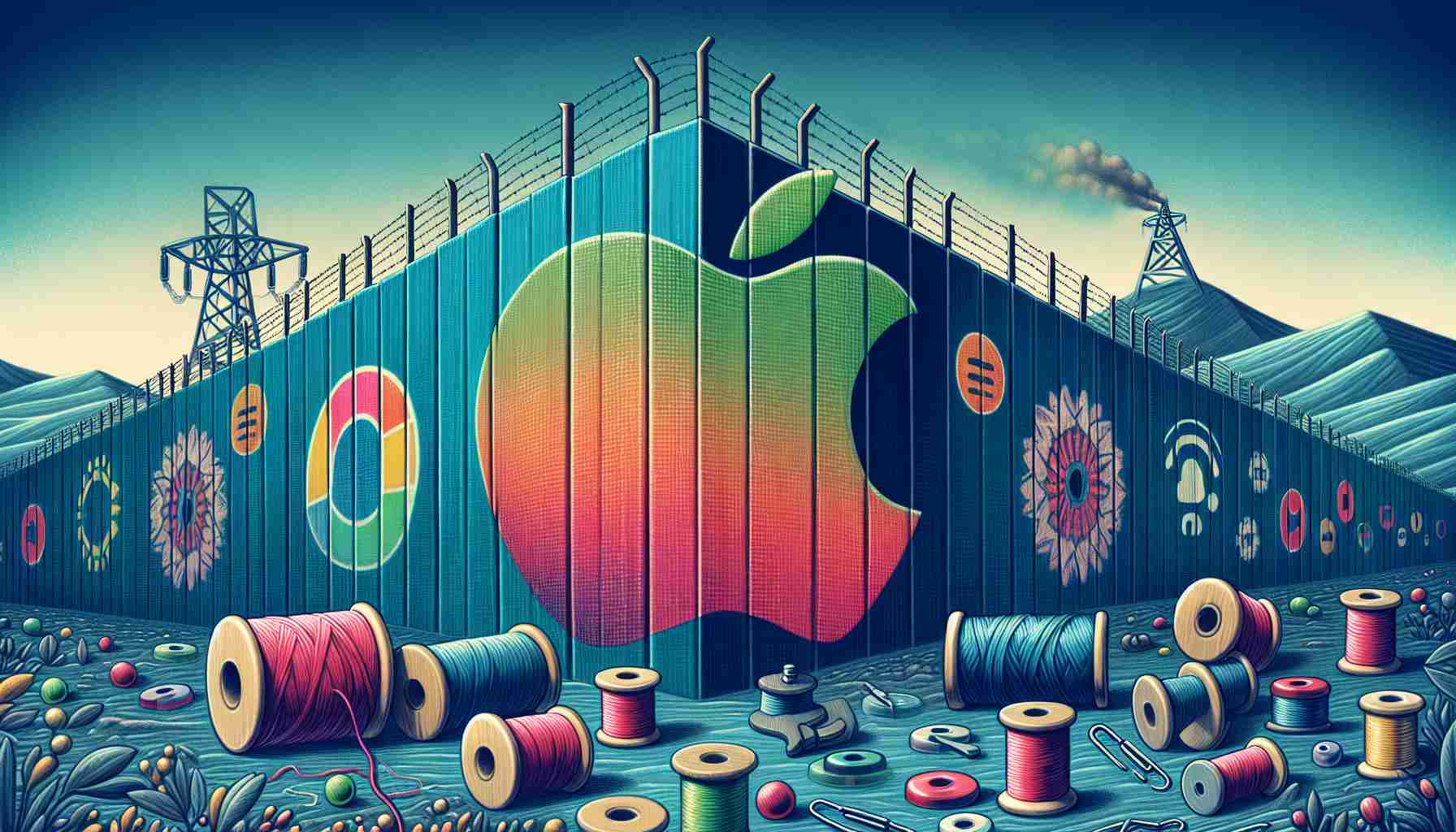Apple Complies with Chinese Government Directive
In compliance with an order from the Cyberspace Administration of China, Apple has recently removed WhatsApp and Threads, two apps owned by the Meta Corporation, from its App Store in China. This operation adheres to the government’s concerns over national security.
Meta Apps Caught in Regulatory Net
The removal was performed after the Chinese agency, responsible for internet regulation and censorship within the nation’s stringent online environment, expressed apprehensions about the potential national security implications of these applications. Apple, respecting local laws, executed the directive despite potential conflicts with its corporate policies.
Great Firewall Limits Digital Access
The digital barrier known as the Great Firewall continues to obstruct access to various foreign digital services, with WhatsApp already on the blocked list. Nevertheless, some residents manage to elude these restrictions using virtual private networks (VPNs). Apple customers domiciled in China can still procure WhatsApp and Threads through iCloud accounts registered in different countries.
Internet Surveillance and Censorship Intensifies
China’s state authorities are intensifying internet surveillance and censorship efforts, particularly targeting topics they consider sensitive and controlling online time for the youth. The specific national security issues leading to the recent app removals, however, remain unspecified.
US Contemplates Action Against TikTok
Simultaneously, the US is considering a bill to confront TikTok’s affiliation with ByteDance, a Chinese corporation, over similar national security concerns. This legislative move signals escalating tension over control and oversight of social media platforms on a global scale.
### Most Important Questions and Answers
– Why did China order Apple to remove WhatsApp and Threads?
The Chinese government ordered Apple to remove WhatsApp and Threads due to concerns over potential national security implications. The specifics of these concerns have not been publicly detailed.
– How are people in China accessing blocked apps like WhatsApp?
Some residents in China use VPNs to circumvent the Great Firewall’s restrictions, allowing them access to otherwise blocked services. Additionally, Apple customers in China can access apps like WhatsApp if they have iCloud accounts registered in other countries.
– Is this type of internet control unique to China?
While China’s internet censorship is among the strictest in the world, it is not unique. Many countries control and monitor access to information and applications to varying degrees for various reasons, such as national security or cultural preservation.
– What does this incident reveal about the global debate on internet surveillance and censorship?
This exemplifies the global tension between government control of the internet for national security versus the principles of free expression and privacy. The scrutiny of social media platforms like TikTok in the US also reflects these concerns across different political landscapes.
### Key Challenges or Controversies
– Censorship vs. Free Expression: One of the most significant challenges is balancing the government’s desire for control and censorship for national security with the public’s right to free expression and free flow of information.
– Corporate Compliance: International companies like Apple face the dilemma of complying with local laws while trying to maintain a commitment to privacy and free speech.
– Technology as a Political Tool: The use of social media and messaging apps as tools for political discourse and organizing has led to stricter controls by some governments.
### Advantages and Disadvantages
Advantages:
– National Security: Governments argue that such controls are necessary to protect national security and prevent the spread of harmful misinformation.
– Social Stability: Censorship is sometimes justified on the grounds that it maintains social order and cultural values.
Disadvantages:
– Restricted Freedom: Intense internet control limits individuals’ rights to access information and communicate freely.
– Economic Impact: These restrictions can negatively impact businesses, both local and international, that rely on a free and open internet to operate effectively.
– International Relations: The conflict between countries over internet censorship can lead to increased tensions and challenges in diplomacy.
### Suggested Related Links
– Information about the Cyberspace Administration of China can be found on their official website (Note: The website may be primarily in Chinese).
– To learn more about international corporate compliance, readers might visit Apple’s official website for their public statements on privacy and user data.
– For further information on global internet censorship practices, the Freedom House website provides reports and analyses on the state of internet freedom around the world.
– Regarding the issue of internet surveillance and national security, the Council on Foreign Relations offers insights and resources on cybersecurity and policy discussions.
Please note: Ensure that all websites are accessible in your region before visiting since some might be blocked or restricted.
The source of the article is from the blog reporterosdelsur.com.mx
